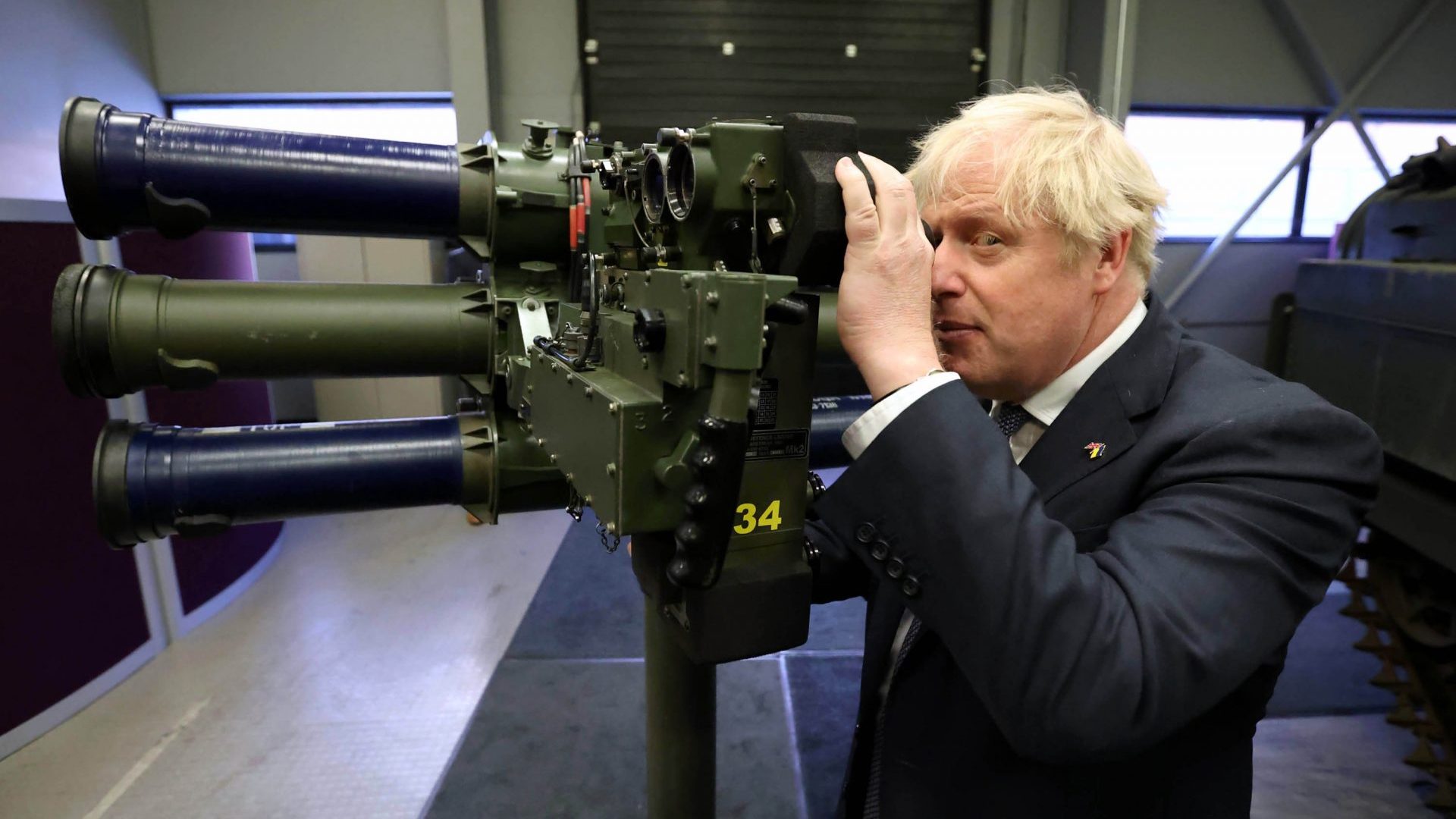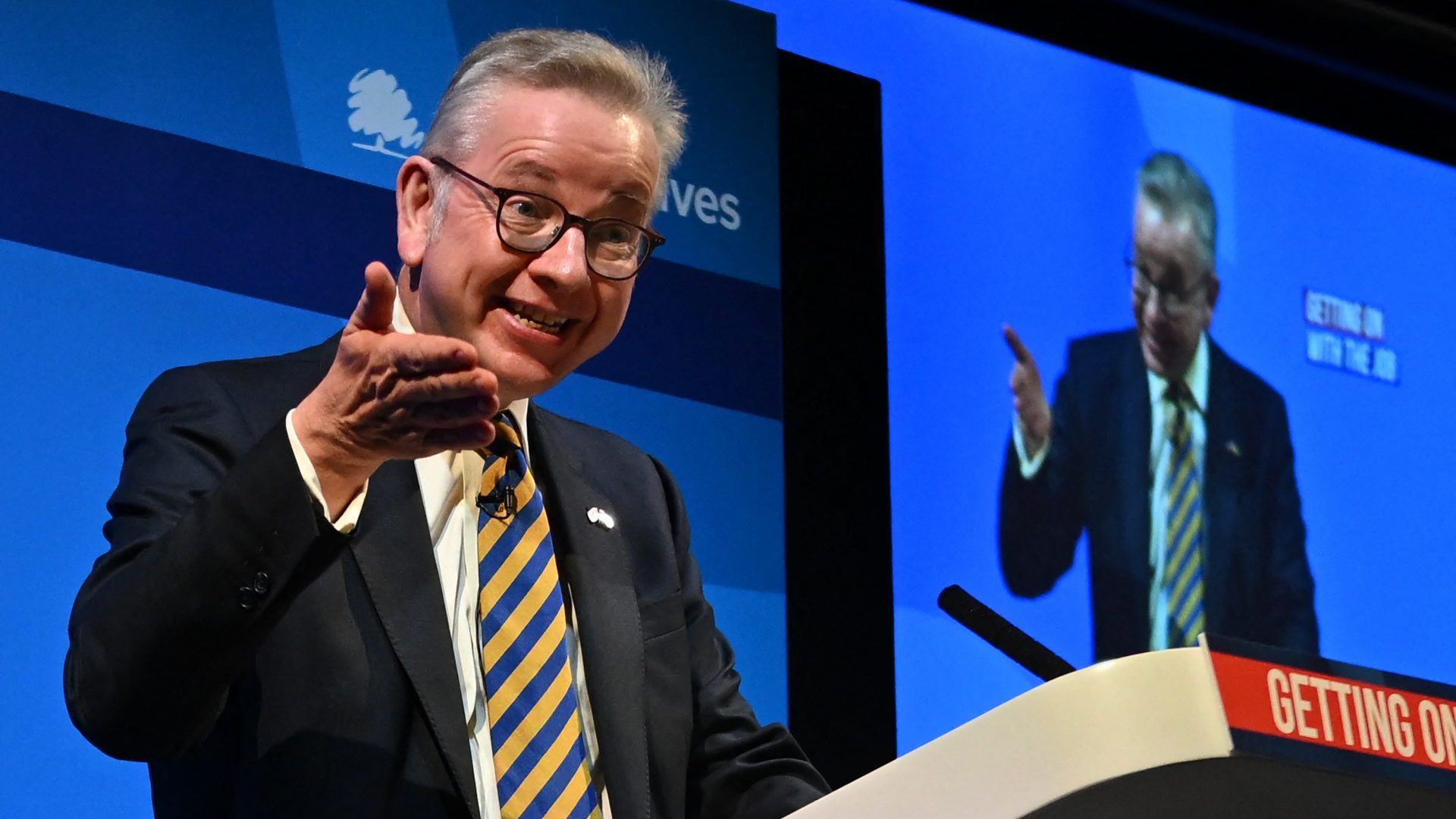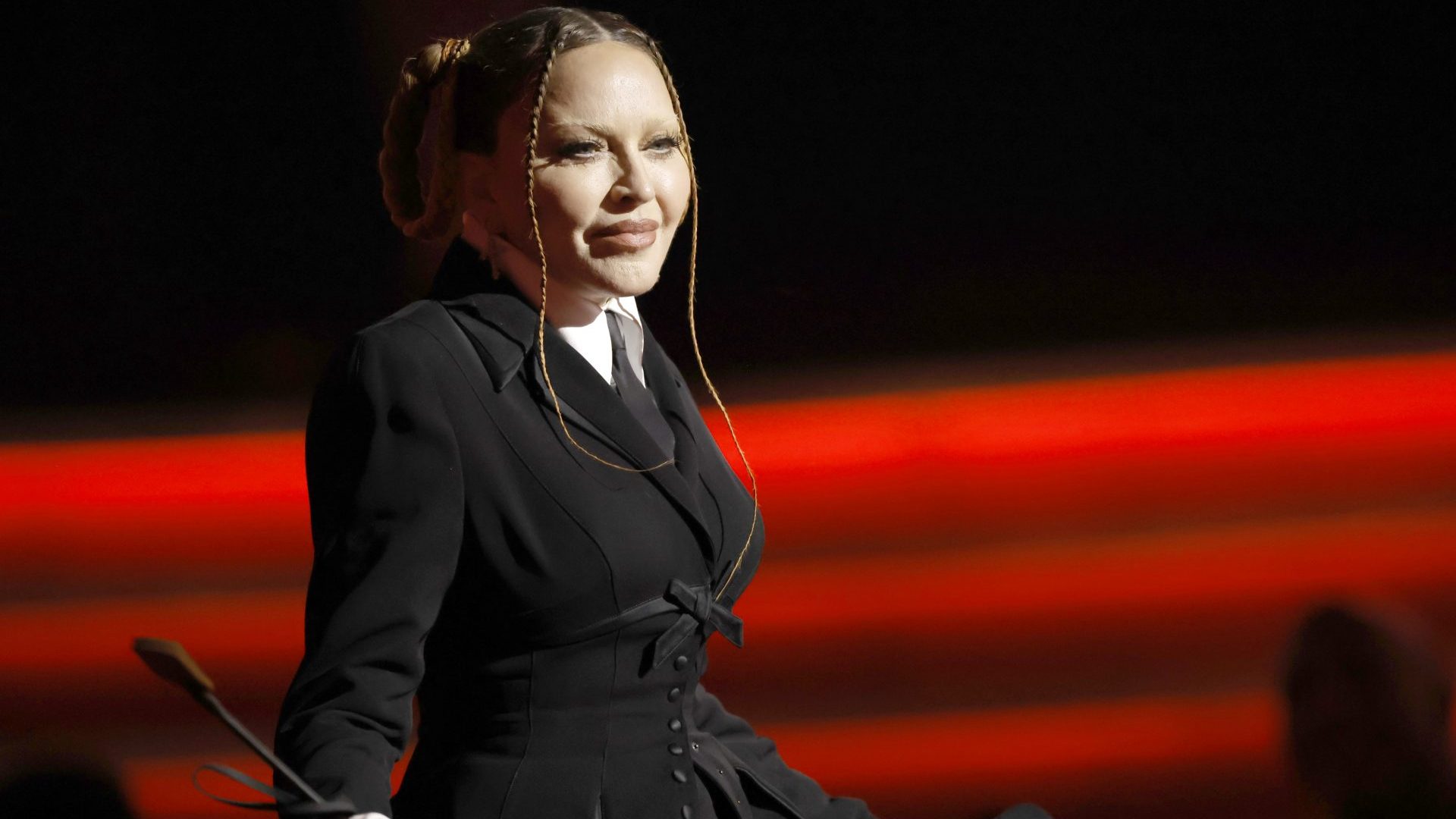Boris Johnson had a top-secret lunch last week with Ted Verity, the Daily Mail’s editor, at Clarke’s, a restaurant that’s a short walk from the newspaper’s offices in Kensington, west London.
“Ted isn’t exactly a barrel of laughs, but Boris appears keen to get him onside, especially if Paul Dacre, his editor-in-chief, gets his peerage and has to sever his links with the Mail group,” whispers my man in the Mail newsroom. “The lunch was an urgent priority for Boris, which may well be consistent with the speculation that his resignation honours are to be announced imminently.”
With his former newspaper the Daily Telegraph running pieces that are overtly critical of both him and Brexit, Johnson can now count only on the Daily Mail and Mail on Sunday for blind loyalty.
The lunch appears to have paid dividends for Johnson, with the Daily Mail claiming on Saturday that his name was “repeatedly raised on the doorstep” in the run-up to the West Lancs byelection where Labour won with a 10% swing. An anonymous “senior party figure” was quoted as saying: “People are asking the same question – when is he coming back?”
The following day, the Mail on Sunday chose to totally ignore the story that the Sunday Times and Independent led on and other papers featured prominently: how the Digital, Culture, Media and Sport select committee found Richard Sharp, appointed as the BBC’s chairman after fixing an £800,000 loan for Johnson who was then PM, had “undermined trust” in the corporation.
Incidentally, it would probably have been easier to keep the lid on all of this if Sharp, a former Goldman Sachs banker, hadn’t simply lent Johnson the money he needed out of his own funds. I notice he had enough in the bank to recently make a loan of £10.6m to his private investment company DII Capital 2.
Too often these days, theatre critics instinctively ape the views of their newspapers. Not so Clive Davis, who reviews for the Times. I reported last year how toadying executives on this and other newspapers in the Rupert Murdoch stable are making sure references to the ageing process are kept to a bare minimum with their owner celebrating his 92nd birthday next month.
This notwithstanding, Davis bravely raved about The Lehman Trilogy, which he awarded five stars when it opened in the West End last week. A key theme of the play is how the bank was revived time again through its 158-year history with new blood and new ideas.
Nigel Lindsay, playing one of the Lehman brothers who founded the eponymous bank, actually says at one point: “At 90, a man is as good as dead and can no longer participate in the affairs of the world.”
Meanwhile, Murdoch and his daughter Elizabeth were spotted at last weekend’s Super Bowl sitting either side of Elon Musk. Not only did this appear to confirm – as if there were any doubt – where the Twitter owner’s politics lie, but it delighted fans of TV drama Succession, whose last season ended when ageing right-wing media magnate Logan Roy, played by Brian Cox, surprised everyone by selling his ailing family business to an erratic tech billionaire. Just don’t hold your breath for this comparison to be made in any Murdoch papers.
Mandrake hears that Rishi Sunak’s minders believed that Volodymyr Zelensky’s trip to London last week would provide such wonderful coverage that it might give the beleaguered prime minister a mini-bounce just before the West Lancashire byelection.
Loyalists were duly dispatched to portray the timing of the trip as a snub to the EU and a victory for Sunak.
Yet when Labour recorded a 10% swing in West Lancs, the same minders were quick to interpret the absence of a Zelensky bounce as being about “Ukraine fatigue” rather than Sunak and his government’s own domestic failings. Blame anyone and anything but themselves.
When I applied for a job on The European – not this one, but the pan-European newspaper that the late Robert Maxwell launched in 1990 – I was interviewed by its Scottish editor Ian Watson and his Irish deputy Peter Millar. Watson gave me an easy ride, but Millar wanted to check out my European credentials and asked how many continental languages I could speak. I lamely said I could make myself understood in French and Millar then started to speak to me in it swiftly, fluently and largely mystifyingly. I looked helplessly at Watson. “Don’t worry, laddie, I don’t understand much the little c*** says to me, either,” he said. At that, all three of us dissolved into laughter.
I got to know Millar well in the years that followed and he turned out to be not just a great linguist, intellect and writer, but also a great friend and inspiration. It breaks my heart to say he died last week at the age of just 69.
In more recent years, Millar wrote for The New European, too, and published a series of excellent books, often about Germany, which fascinated him. He witnessed the fall of the Berlin Wall and it was, I think, the happiest time in his life when he felt Europe was looking more united than ever. Brexit, needless to say, made him despair. In his book 1989: The Berlin Wall, My Part in its Downfall, he dolefully conceded: “I had committed the mistake of assuming that politics and logic would fuel the progress of history, instead of more potent factors: emotion and accident.”




